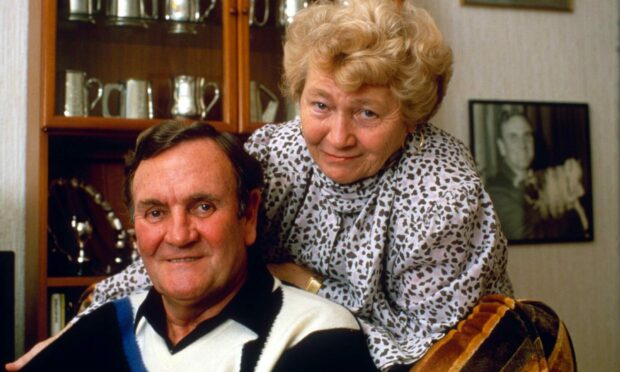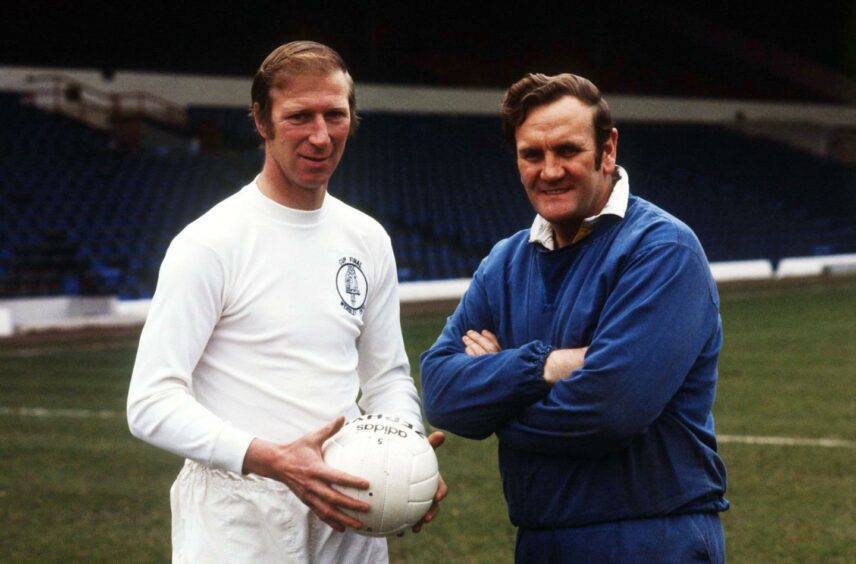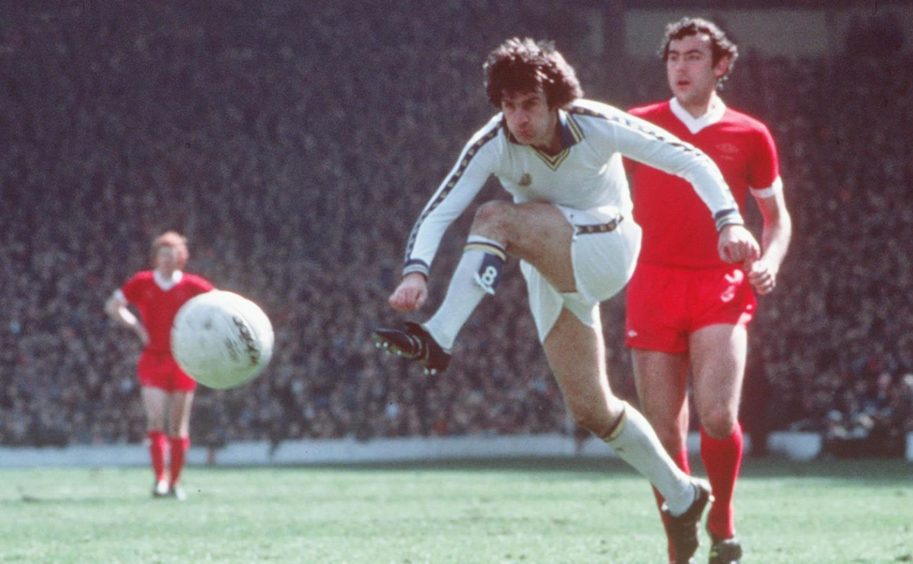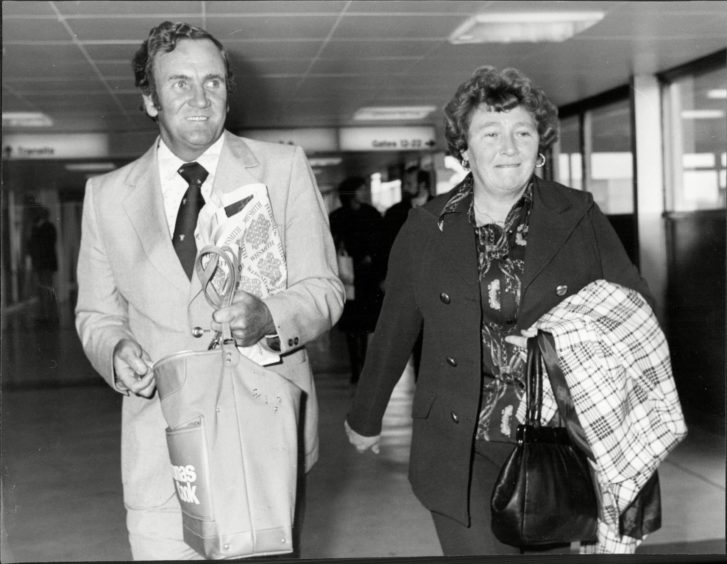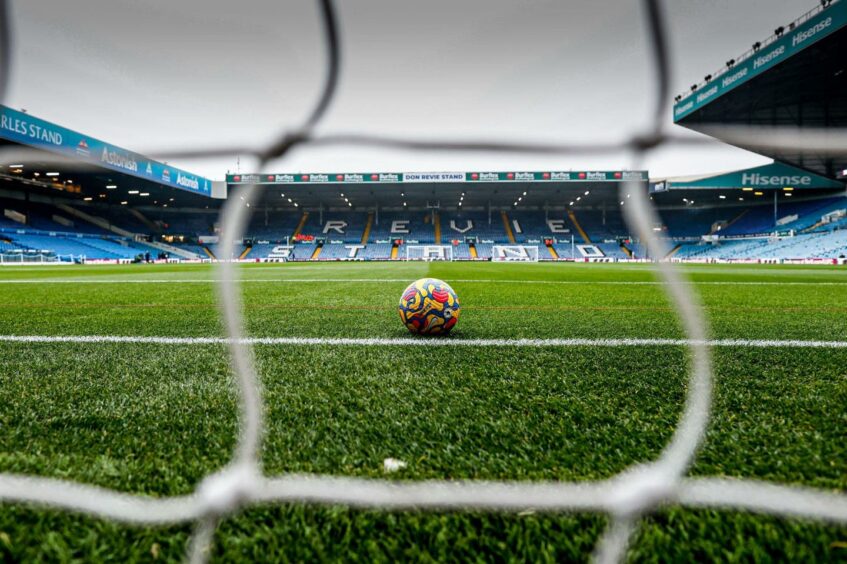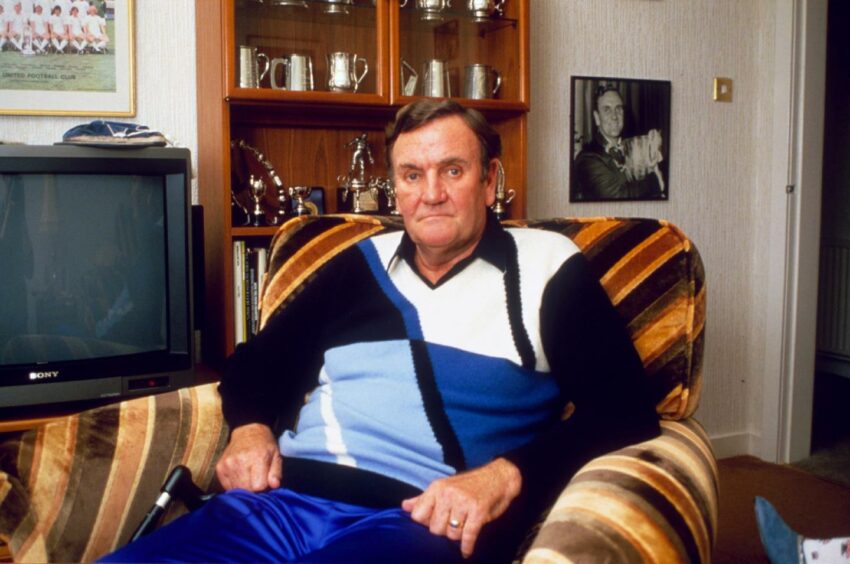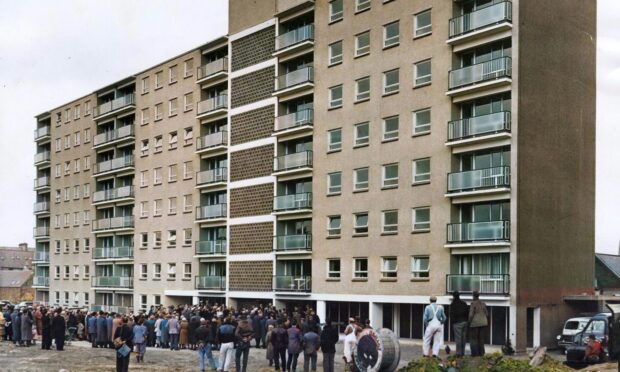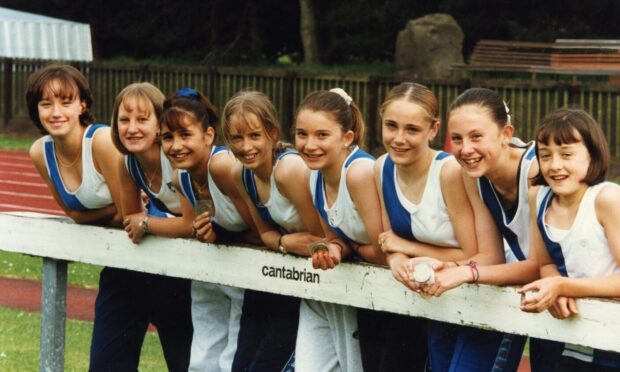He was a sportsman who had to grapple with Rudyard Kipling’s ‘twin impostors’ and whose peripatetic journey led to him being hailed as a hero on the pitch and condemned as a traitor off it.
Don Revie was such a talented performer that he was crowned Footballer of the Year at Manchester City in 1955 and credited with creating the modern centre-forward in the process.
Then, from the outset of his managerial career, he orchestrated a remarkable transformation in the fortunes of Leeds United from a lowly second division club that had never won a trophy to a team that reached unprecedented heights in their homeland and beyond.
Bolstered by flair and fresh ideas and accompanied by steely aggression and an insouciant “Who are you looking at?” belligerence, the Elland Road men won the Second Division in 1964, the First Division in 1969 and 1974, the FA Cup in 1972, the League Cup in 1968, the Inter-Cities Fairs Cup in 1968 and 1971 and were also runners-up in the European Cup-Winners Cup in 1973.
It was the stuff of dreams, even if many opponents branded them “dirty” and “obnoxious”, and their supporters regularly sparked trouble on the terraces.
But all Revie’s conquests counted for nothing when he took charge of England in 1974 and soon found himself immersed in spats, endless media criticism and in an environment where every minor kerfuffle became a full-blown row.
Everything went wrong for Revie
Eventually, but only after being condemned as a “mercenary” and banned for 10 years by the FA when he walked out on England and signed a lucrative contract with the United Arab Emirates, he and his beloved wife Elsie found solace when they moved to Kinross in Perthshire in the mid-1980s.
Yet although they were simply seeking a quiet retirement and an escape from the spotlight, another sickening twist of fate was just around the corner.
And, while Revie had successfully ensured that his draconian punishment from the football authorities was overturned in court, where the judiciary ruled the FA had over-reached its powers, there was no escape for this controversial character when he was diagnosed with motor neurone disease.
Revie had a take-no-prisoners approach to sparking Leeds’ march to the summit.
Straight away, he introduced radical changes such as ensuring the players stayed at high-quality hotels, fostered a “family atmosphere” at Elland Road, and refused to tolerate lazy wannabes or pouting prima donnas.
He showed trust in his players and often left them to their own devices, though – akin to Jock Stein at Celtic – was always kept fully informed as to their extra-curricular activities.
He also spent time getting to know all the office and cleaning staff and often enjoyed a better relationship with the people at the grassroots than in the boardroom – which again, has echoes of Stein.
As the 1960s advanced, he nurtured a flourishing youth policy, which produced the likes of Eddie Gray, Norman Hunter, Peter Lorimer and Paul Reaney.
And the results, titles, trophies and triumphs spoke for themselves.
He could blithely reject sizeable offers from rival clubs such as Everton and Birmingham City and stick with his successful squad, even as they grew old together.
But the lure of leading England, with the support of World Cup-winning boss Sir Alf Ramsey, was too powerful and he was replaced by one of his fiercest critics, Brian Clough, who lasted only 44 days in the job.
These two men were like oil and water, frost and fire, Gordon Ramsay and veganism… but while Clough enjoyed an abundance of success at Nottingham Forest later in his career, Revie realised – but a little too late – that he had wandered into a battle zone with stuffed shirts and grand panjandrums.
‘England job was a nightmare’
Despite the promises made by the FA, nothing was too little trouble to cause a ruckus when Revie tried to repeat his tactics in the national set-up.
England had failed to qualify for the 1974 World Cup and, as the new manager strove to steer them to the 1978 finals, he was buffeted by constant turbulence.
He fell out with Alan Hardaker, the starched-up chairman of the Football League, over the issue of rearranging league fixtures to accommodate friendly matches.
He fared no better with FA chairman Sir Harold Thompson, who worked behind the scenes to undermine Revie’s plans for a new broom.
Several senior players, resentful at being ditched, bitched behind his back.
Basically, the atmosphere soon resembled a bad night at the Borgias and with England on the cusp of missing out on another World Cup, the boss made the fateful decision to bale out and embark on an odyssey to the UAE.
It cost him and his reputation dearly.
From his perspective, it was a merciful release and he explained: “I sat down with my wife, Elsie, one night and we agreed that the England job was no longer worth the aggravation.
“It was bringing too much heartache to those nearest to us.
“Nearly everyone in the country wants me out. So, I am giving them what they want.
“I know that people will accuse me of running away, and it does sicken me that I cannot finish the job by taking England to the World Cup finals in Argentina next year, but the situation has become impossible.”
But the fact he revealed this in an exclusive interview with the Daily Mail, which earned him £20,000, was just another reason for the rest of the media to trash him in terms which might interest modern-day defamation lawyers.
And they did so with a Bunter-esque appetite that virtually meant he was unemployable even after his suspension has been revoked.
Don Revie must have found Kinross a haven
Given his litany of achievements with Leeds, there are some people who believe that Revie deserves his place in the pantheon alongside such icons as Bill Shankly, Matt Busby, Jock Stein and Alex Ferguson.
Christopher Evans has made a compelling case in his new biography of Revie and argues: “Even today, Elland Road is still a shrine to the man they simply refer to as The Don.
“The players still run out in all-white strips to the sounds of Marching On Together under the Don Revie Stand, while his statue casts a shadow over all those who visit on match day.”
But he had no such thoughts when he and his wife (the Lochgelly-born niece of Leicester City’s Scottish manager, Johnny Duncan) moved to a bungalow in Broom Road in Kinross in the summer of 1986.
There was the prospect of walking tours, playing golf and growing old together and watching the old videos and marvelling at The Damned United.
As Revie said: “They can take everything away from me but my memories. Because when I watch those tapes of the old days, that was the best football it has been my privilege to have ever seen.”
Trouble was brewing, though. For months, he had been afflicted by pain down the back of his legs on the last few holes of a round of golf.
And, as they played together on the fairways and links, Elsie increasingly noticed the strange manner in which her husband was dragging his leg.
As Mr Evans said: “In May 1987 Revie went for an examination at St Mary’s Hospital where motor neurone disease was diagnosed. He said: ‘What’s that?’ And they told me it was when the nerves don’t work the muscles. Further tests followed and the news was the same.
“Revie tried to remain positive. He said: ‘When it comes down to it, it is a body blow, and the family sat down and cried, but you can’t do that forever and there are a lot of people in the world worse off than me.
“My thoughts were to get my head up and get on with it. You can either curl up in the corner, cry your eyes out and die, or you can battle it out.”
One last hurrah at Elland Road
His old Leeds comrades were swift to respond with positive messages and his former chairman, Manny Cussins, told The Courier he was prepared to pay for any treatment which might be required by Revie.
He added: “It’s a great shock that he has this disease because I always remember him as a strong, fit man.”
According to The Courier, there were plans for a pop concert, a series of pro-am golf tournaments, fundraising dinners and a football match at the end of the season.
But even if it helped the coffers of those seeking a cure for MND, the man himself recognised that nothing could stop the inevitable.
There was, however, an emotional last galaxy of stars at Elland Road in 1988.
On May 11 1988 Revie was reunited with so many of the individuals he had assembled during his days at Leeds.
And although he was by this stage in an electronically modified wheelchair, he made the trip down from Scotland.
Leeds were captained for the occasion by Kevin Keegan, whose team tackled an all-stars side including Graeme Souness, Mark Walters, Paul Gascoigne, Ray Wilkins, Chris Woods and former Hearts striker John Robertson.
The proceeds were divided between Leeds City Council’s Give for Life campaign and the Motor Neurone Disease Research appeal and almost £25,000 was raised for these two worthy causes.
But that couldn’t lessen the sense of anguish that loomed over the game. Nobody cared that Gascoigne scored a cheeky goal as Leeds won 2-1. By that time, Revie had already left the stadium, overcome with emotion.
As his biographer has written: “It was a time of tears. Revie, his face bloated with steroids, met with former players such as Norman Hunter, Allan Clarke, Jack Charlton, Bobby Collins and Billy Bremner.
“Paying tribute before the match, Bremner said: ‘He is Leeds United; his presence is always here. It’s very difficult for him, he has always been a private man and it is hard to show the state that he is in.’
“Keegan claimed: ‘He is a battler and a fighter, he’s a great person. Elland Road is Revie’s stadium, he built it.”
“Less than a year later, on May 26 1989, Don Revie, surrounded by Elsie (and their children) Duncan and Kim died peacefully in his sleep. He was 61.”
A veritable who’s who of football turned up at his funeral at Warriston Crematorium in Edinburgh a few days later. But there was still a sense of what might have been and who wasn’t there.
Perhaps, indeed, it’s overdue to grant Revie his place among the legends. Not that he ever cared much about these things in life.
- Don Revie: The Biography is published by Bloomsbury.
More like this:
Peter Lorimer: The Dundee boy who overcame homesickness to become a Leeds legend
Peter Lorimer: Leeds United legend’s secret Fife family link to Don Revie
